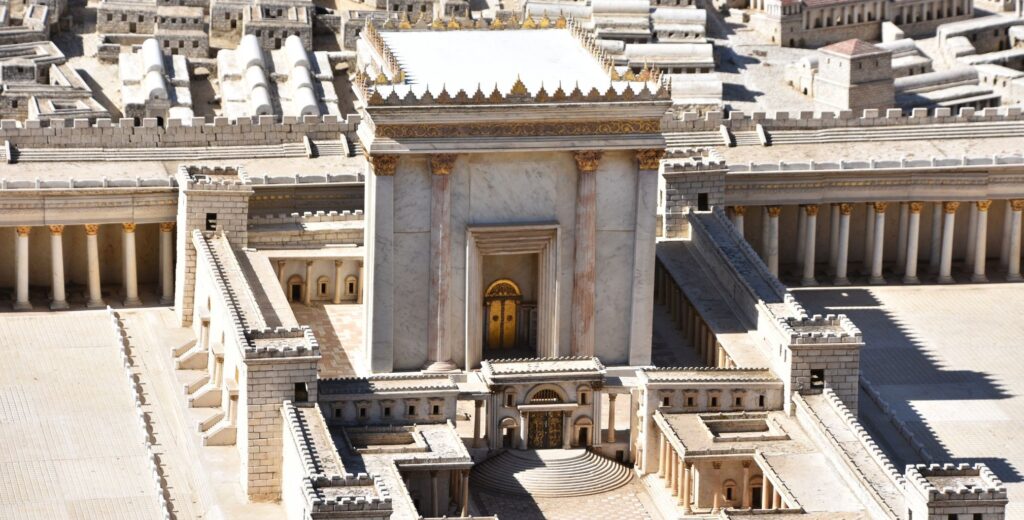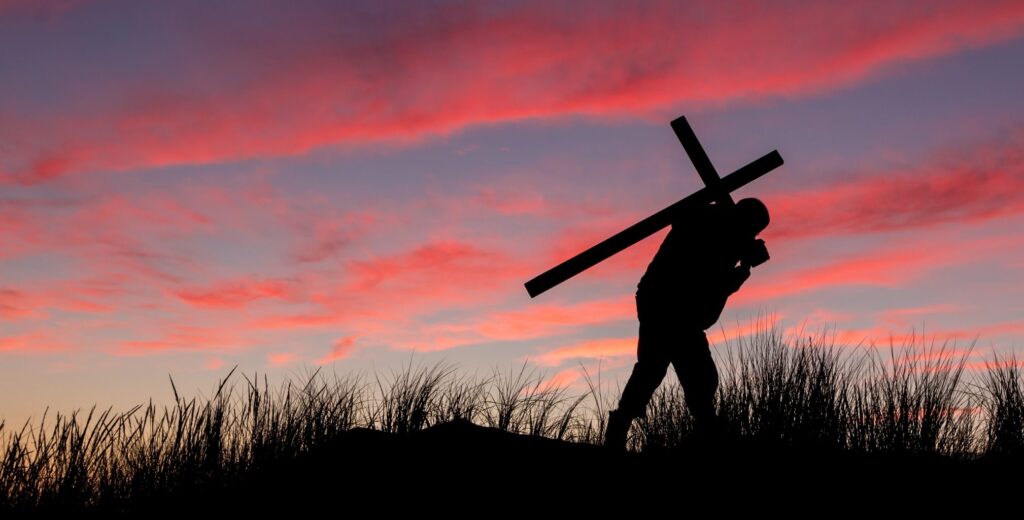2021 – 2022 Preschool Enrollment Now Open!
March 7, 2021 Worship Service
- What are you doing to grow spiritually within your own life?
- What are you doing to cultivate love, joy, peace, patience, kindness, generosity, faithfulness, gentleness, and self-control, the famous fruits of the Spirit found in Galatians 5?
- How are you growing as a disciple? For our church to grow, revival must start with the Holy Spirit working within you?
- What have you planned to forgo this week in the spirit of Lent?

Jesus Cleanses the Temple

Third Sunday in Lent
Scripture Reading: John 2:13-22In today’s scripture reading, Jesus cleanses the Temple. This story does appear in all four Gospels, although, there is an important difference we need to note. In the Synoptic Gospels – Matthew, Mark, and Luke – the story comes during Holy Week right at the end of Jesus’ ministry. But in John’s Gospel, the story comes right at the beginning of Jesus’ ministry.
The Gospel of John puts this story at the beginning of his Gospel, because, for John, Jesus came to renew the Jewish faith and to challenge both the passion and purity of the worship of God. Passion and purity had been lost for a long time and, as we shall see from our Gospel reading, Jesus was standing in the line of Zephaniah and all the Old Testament prophets in condemning the people of Israel for their apathy towards God.
So, let us review this story and see what we must learn from it in our context today. Jesus went up to Jerusalem for the Passover. This was the custom for all Jewish males to go at least once in their lifetime to Jerusalem for the Passover. So, when Jesus arrived in the city, there would have been thousands of people there; a huge crowd crammed into the narrow city streets and an incredible bustle and noise in the temple itself.
And Jesus walked into the Temple, into the midst of all the chaos and noise. He looked around at the pilgrims and the prayerful, the Read more…

The Cost of Discipleship

Today’s gospel lesson teaches that those who want to follow Jesus Christ need to carry their own crosses and follow him. In this message we are reminded that there is no cheap grace, for discipleship is costly. Hence today’s sermon is titled “The Cost of Discipleship.”
A popular German theologian and Pastor, Dietrich Bonhoeffer, wrote a book titled, The Cost of Discipleship (1995). Bonhoeffer says:
“Costly grace is the gospel which must be sought again and again and again, the gift which must be asked for, the door at which a man must knock. Such grace is costly because it calls us to follow, and it is grace because it calls us to follow Jesus Christ. It is costly because it costs a man his life, and it is grace because it gives a man the only true life. It is costly because it condemns sin, and grace because it justifies the sinner. Above all, it is costly because it cost God the life of his Son: ‘Ye were bought at a price’, and what has cost God much cannot be cheap for us.”
In the first century, the mention of the cross would have some immediate connotations. The cross was a device of torture – usually reserved for slaves and political criminals that represented humiliation and extreme agony. Crucifixion was extreme, and terrifying. Such an image would have rattled the disciples to the very core. Their jaws must have been on the floor to hear Jesus say, “If any want to Read more…

Wilderness Struggles

On Wednesday we began the season of Lent, which is our preparation for the Easter celebration of Jesus’ resurrection. It is a time of imitation of Jesus spending forty days in the desert. Jesus fasted in the desert and overcame the devil’s temptations. Jesus never sinned but, in the desert, he was tempted. During these forty days of Lent we remember His temptations as we try to overcome temptation in our lives. There is practically no hiding place or shelter in the desert and the difficulties of the desert makes whatever is inside a person come to the surface. The desert tests and shows a person as they are. Lent is an invitation to us to take the courageous step of “going into the desert.”
In Genesis 2:15-17, 3:1-7, we read the story of the snake tempting the man and woman in the Garden to eat from the Tree of Knowledge of Good and Evil, even though God told them not to do so. In short, the serpent convinced them not to trust God. They lost their innocence. In Matthew, we see Jesus similarly tempted in the wilderness by Satan, but Jesus withstands the temptation. So, what about us? We all find ourselves in a place, from time to time, where we are in the wilderness. And we can learn from Jesus’ time in the wilderness. In fact, the season of Lent is a gift to us to help with this wilderness experience. Read more…
2021 Ash Wednesday Service

Return to the Lord

Ash Wednesday
Scripture Reading: Joel 2:12-17
The book of Joel is a brief prophecy, the heart of which is repentance, as disclosed in chapter 2, verses 12 through 32. As we study this book, may God help us to enjoy the blessings therein through humility, repentance, forsaking of sins, turning to God, and humbling ourselves before him.
We do not know when the book of Joel was written. Traditionally, scholars believe it was written in the 9th Century B.C., during the time of Joash king of Judah. Jesus himself quotes from this prophecy in Mark 13:24 about the events of the last days. Peter quotes Joel on the day of Pentecost because it was Joel who prophesied the great outpouring of the Holy Spirit in the last days. Paul also quotes this prophecy in Romans (10:13), about God’s answering our prayers: “Everyone who calls on the name of the Lord will be saved.”
In today’s scripture reading, prophet Joel declared these words to God’s people who were experiencing extreme hardship: a plague of locusts had obliterated the crops of the land; people and animals were starving; there was no grain, wine, or oil to offer sacrifice to God; the land itself was parched and thirsty.
Joel’s prophecy is a biblical rarity in that Joel Read more…

Mountaintop Experienc

February 14, 2021
by Pastor Joel Plisek
Scripture Reading: Mark 9:2-9
Sometimes supernatural worlds seem very eerie and strange, don’t they? Because of that there are some who simply ignore it and there are others who deny it altogether. One of the primary reasons is that it goes against our Western scientific sensibility. Sensibility that tells us that we are not supposed to believe anything that is not scientific.
You know there are all kinds of things that you and I cannot prove scientifically, but that does not mean that they are not real, and it does not mean that they are not true. I want you to keep that in mind as we answer four questions about todays story. One, who was there? Two, what exactly occurred? Three, how did the disciples respond? And four, why did it happen?
Mark 9:2 says, “Six days later.” Six days after what? Six days ago, he asked the disciples. “who do the people say that I am?” Six days after he spoke about his plan and his purpose to suffer and to die and to rise again. Six days after Peter took Jesus off to the side and rebuked him because he did not want a Messiah who was going to suffer and die, he wanted a Messiah that was going to rule and reign. Six days after Jesus responded to Peter “get behind me Satan! For you are setting your mind not on divine things but on Read more…
